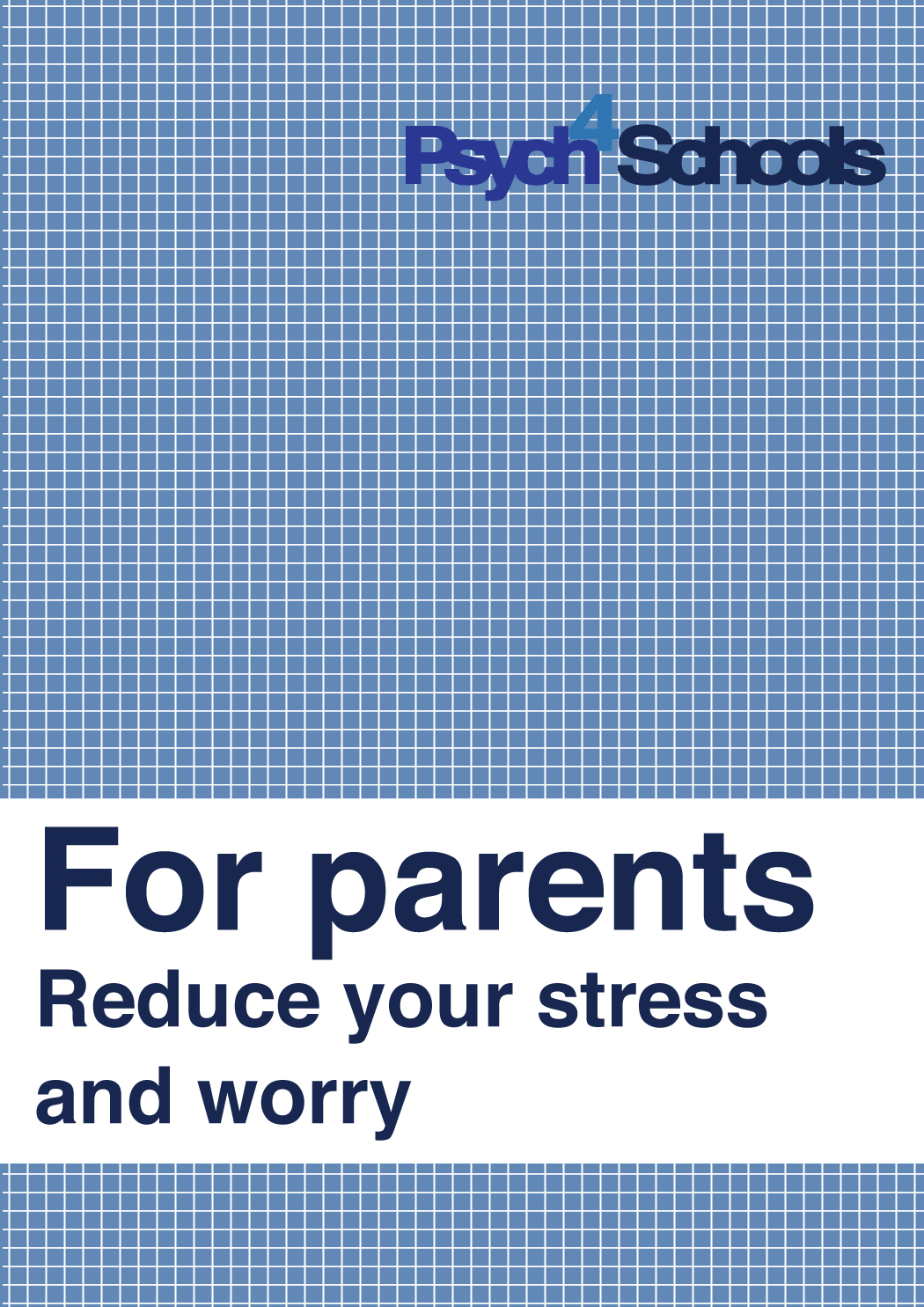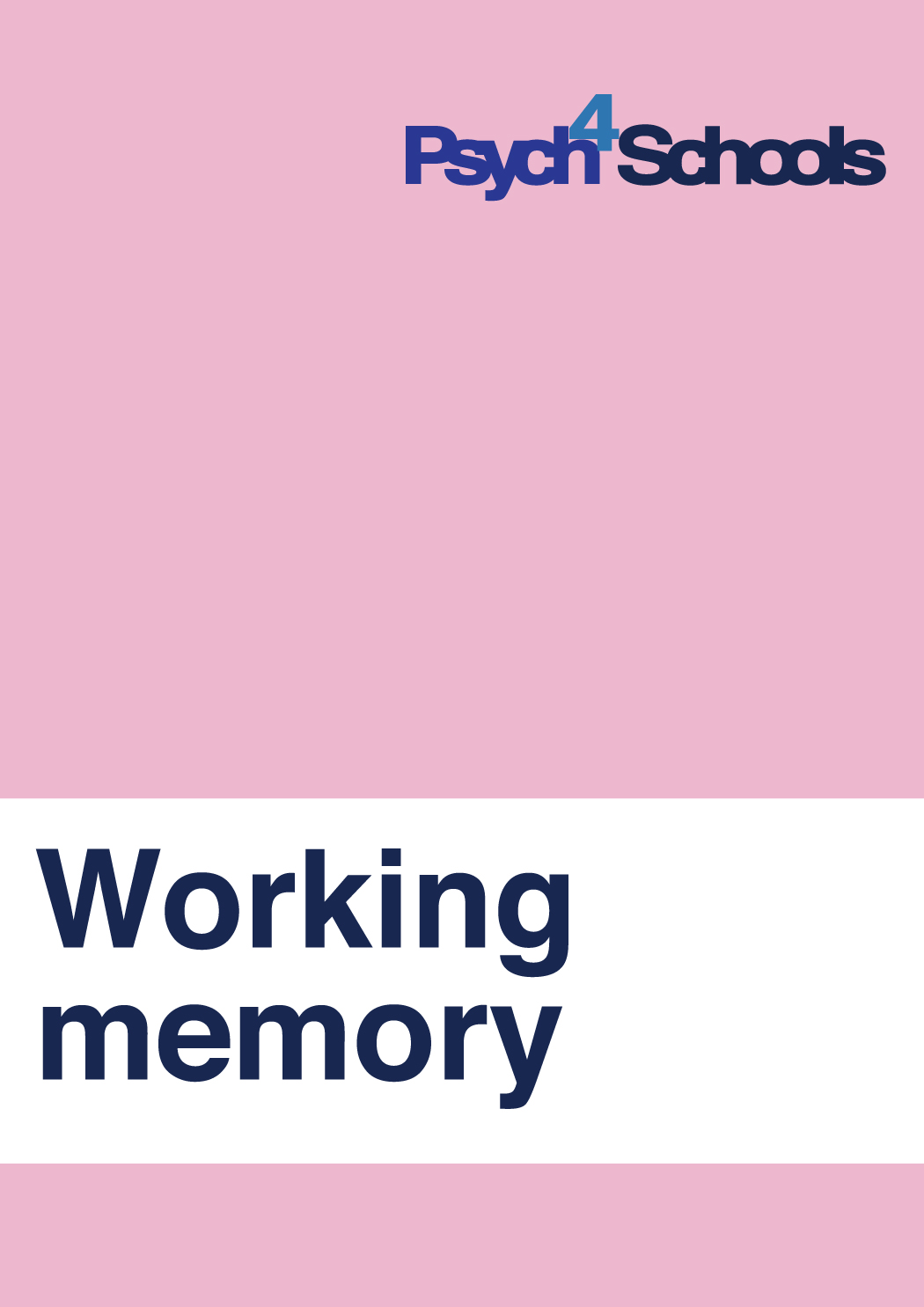School refusal (revised)
The following is an excerpt from the ebooklet Working with children who school refuse (revised) by Murray Evely and Zoe Ganim.
Introduction
Children who school refuse
It is not unusual for children to be reluctant to go to school from time to time. However, the effects of poor school attendance are cumulative and can impact engagement and lead to a decline in achievement. More serious than separation anxiety or being late to school on occasion, school refusal is often associated with a range of complex personal, family and school factors. It is accompanied by emotional distress such as anxiety and/or depression, physical symptoms and social isolation with the child usually remaining at home. School refusal generally requires support and intervention by a psychologist and others. Without appropriate support some chronic school refusers believe they just cannot go to school. This can be distressing for the child and family.[1]School Phobia/School Refusal Australia. When it’s not OK not to be OK; Victoria’s invisible mental health and education crisis. … Continue reading
Characteristics of school refusal
As many as 5 per cent of school-age children experience school refusal [2]The Royal Children’s Hospital Foundation, Re-engaging School Refusers. https://www.rchfoundation.org.au/2018/02/reengaging-school-refusers/ with higher levels evident in anxious and depressed students. It tends to peak in the first year of school, at the end of primary school and again in junior secondary school—that is, around transition times. Significant or adverse events, or special occasions can also contribute to school refusal. For example, the COVID-19 pandemic has interrupted school attendance in some Australian states and territories and created transition difficulties for some children as they switch between school and remote learning. Extended periods of learning from home decreased social connection to friends and teachers, and extra curricula activities such as dance, swimming lessons and organised sport. This has contributed to increased feelings of uncertainty, stress and anxiety in children. One Melbourne-based school refusal clinic director has predicted a rise of up to 15 per cent of children not attending once school returns.[3]Chellew, J., quoted in the article, Alarm raised on children’s mental health, The Age, September 15, 2021, page 9
Typically, the school refuser is more likely to be a younger member of the family [4]Ian McCormack, Getting the buggers to turn up, Continuum International Publishing Group, 2005 although there may be siblings who have also experienced school refusal. It is equally common among males and females, and it affects children from all socioeconomic groups. School refusers are typically of average academic ability or higher, although the longer they miss school, the greater the chance that gaps in learning will develop. When at school, these children are generally compliant in the classroom and well behaved.
Why do children refuse to go to school?
The reasons children refuse to attend school are often complex and usually due to a combination of factors, rather than one single issue. These factors may include:
- Academic and personal problems
- Relationship issues with teacher/s, peers and friends
- Issues at home including family illness, separation, grief, dysfunction
- Difficulty coping with diagnosed or undiagnosed conditions
- Major transitions such as moving school, returning to school during or after a serious illness of self or a family member, or a life-threatening event such as pandemic, fire or flood
- Starting primary school or early or middle secondary school, changing teachers or year levels.
While school refusal is not usually related to bullying, it is evident in a small number of school refusal cases, so it is important to ensure this is not a contributing factor.
School refusal is typically linked to anxiety in the child and is often associated with early separation anxiety, social anxiety and/or generalised anxiety disorder (persistent worrying across a range of issues). School refusal can become an entrenched issue. It can become more difficult to address in the later years of schooling because the anxiety may be based on a distant anxious memory and staying at home may have become a comfortable habit, or the child may develop psycho-social and/or wellbeing issues that become barriers to returning to school.
Managing school refusal will be complicated by the student experiencing gaps in learning, parents having mental health problems and/or not communicating regularly with the school and the incidence of family dysfunction.
Other types of poor school attendance
School refusal is different from a range of other attendance problems. For example,
Truancy
Parents of the school refuser generally know their child is not at school, while those of a child who truants may not. The child who truants avoids school because they want to engage in activities, often antisocial in nature, that are typically outside both school and home. The school refuser often wants to be at school but cannot summon the courage to go, often due to feelings of dread.
School withdrawal
School refusal is also different from school withdrawal, where a parent or parents either condone or collude with the child to stay home. For example, to keep a parent company, for extended family holidays, for caregiving duties, interpreting, or visiting friends and relatives. Parents who either allow or encourage their child or children to be at home may be experiencing loneliness, parenting difficulties, mental health conditions and/or poor attitudes to education.
School non-attendance
School non-attendance is when a student simply stays at home instead of going to school. This may be because parents don’t reinforce the need to be at school or the student finds home more comfortable than school because they are involved in recreational activities such as watching television, playing video games, riding bikes, or playing. Non-attendance may occur with or without parent knowledge and it tends to be irregular or spasmodic.
Students who are disconnected and not enrolled
This group of children are detached from schooling and unaccounted for within education enrolment systems. They are not considered to be school refusers. Estimates indicate that conservatively 50,000 school-aged Australian children are not just absent from school but are educationally disconnected and not enrolled in a school [5] Watterston, J., and O’Connell, M (2019) Those who disappear: The Australian education problem nobody wants to talk about’ … Continue reading. A range of personal circumstances and school factors can contribute to this disengagement, such as homelessness, poor mental health, family dysfunction, bullying, disability and discrimination, or school exclusion due to misbehaviour or poor academic achievement. [6]Ibid
School exclusion
Anecdotal evidence suggests exclusionary practices are used in some schools to deal with problem behaviour. At present, little is known about such practices at a national level. An audit of policies and practices of suspensions and expulsions across Australian schools in 2019 found a disproportionate number of vulnerable children; indigenous, male and students with disabilities were excluded [7]University of South Australia. (2020) Schools unfairly targeting vulnerable children with exclusion policies. … Continue reading . School exclusion is currently being further investigated by the University of South Australia to help schools better understand and manage challenging behaviours. [8]University of South Australia. (2019) School Exclusions Study: Exclusionary policies and practices in Australian schools and the impact they have on … Continue reading
Often attendance related issues overlap, so it is important to identify school refusal as early as possible.
Typical school refusal behaviours
Children who school refuse may exhibit the following signs:
- 50 per cent or less school attendance during the past month, despite follow up from school
- Crying, being withdrawn or distressed at drop-off
- Increase in stomach-aches, dizziness, headaches, and/or other physical complaints
- Lack of friends, social isolation or withdrawal from peer activities
- Decreased participation in class activities
- Nervousness
- Difficulty concentrating or remaining on task.
Early warning signs
Warning signs of school refusal may appear very gradually. At home, the symptoms can escalate at night but diminish once the child is sure they don’t have to go to school the next day. These signs include:
- Regularly late to school
- Pattern of absences on significant days
- Tiredness
- Complaints about students and teachers
- Being disinterested in school life in general
- Loneliness and/or reporting teasing at school
- Having difficulty with schoolwork, giving up, appearing not to care
- Failure to meet school-based deadlines
- Mood swings, anxiety, tearfulness, irritability, loss of energy, becoming withdrawn
- Excessive worry about a parent while at school
- Exhibits strong emotions if forced to go to school
- Over-reacts when asked to explain situations
- Threats of self-harm.
Signs of school refusal at home
If a child refuses to go to school, parents might feel that school nights and mornings are a ‘battle of wills.’ The child may:
- Have difficulty getting out of bed
- Complain of aches, pains or illness the night before or on a school morning, but recover after a short time, if allowed to stay at home
- Cry, throw tantrums, yell or scream
- Beg or plead not to go to school, refuse to leave the house for school, refuse to leave the car on school arrival
- Hide or lock themselves in their bedroom or another room
- Refuse to leave their bedroom and want to eat all meals in their bedroom
- Stop showering, cleaning teeth and attending to personal hygiene
- Show high levels of anxiety and distress
- Have trouble sleeping
- Threaten to hurt themselves.
Caution
School refusal is most successfully treated if identified and addressed early. The longer the child remains away from school, the greater their anxiety can become and the more difficult it will be for them to return to school. Involvement with one or both parents, a psychologist and often a social worker, and other school personnel is essential for successful re-engagement.
School refusal can occur in the context of child safety and child protection concerns. If after a carefully planned intervention, a regular attendance pattern has not been achieved after several weeks, and the child’s safety or wellbeing is a concern, or is unknown despite attempts to check on the child’s wellbeing via parents/carers, then an immediate notification to the government department overseeing child protection should be made. All parties should be consulted, the attendance plan modified or reviewed, and additional external support sought from appropriate agencies and mental health service providers. [9]NSW Ministry of Health, School Refusal – Every school day counts. … Continue reading
The chronic school refuser and many secondary school refusers will have a long history of staying at home and referral to a multidisciplinary mental health program or team may be required. It should be noted that some mental health agencies don’t offer an outreach service which can place further strains on engaging and assessing the needs of the school refuser. In a small number of cases extensive one-to-one mental health support may be required.
Without treatment and support, there is increased risk of escalating mental health issues and significant problems with social skills, and the skills required for independence in daily living and occupational difficulties in later adolescence and adulthood.
ISBN 978-1-921908-51-4
Copyright © Murray Evely and Zoe Ganim 2022
No part of this excerpt may be reproduced or reprinted without permission in writing from the publisher.
Click here to read copyright details, summary of the licence and terms and conditions to use and reproduce our digital materials granted to authorised users.
References
This article is an excerpt from the ebooklet School refusal (revised).
Download the complete ebooklet for full access to strategies and resources, including:
- The child who resists school or school refuses
- If the child is at school
- If the child is not at school
- When the child comes to school
- References and resources
- Early intervention strategies for parents/carers of school refusers
- Teacher strategies to help chronic school refusers cope with common barriers to returning to school
- Script suggestions for speaking with parents of a child who is school refusing
- Chronic school refusal – an intervention plan for psychologists





